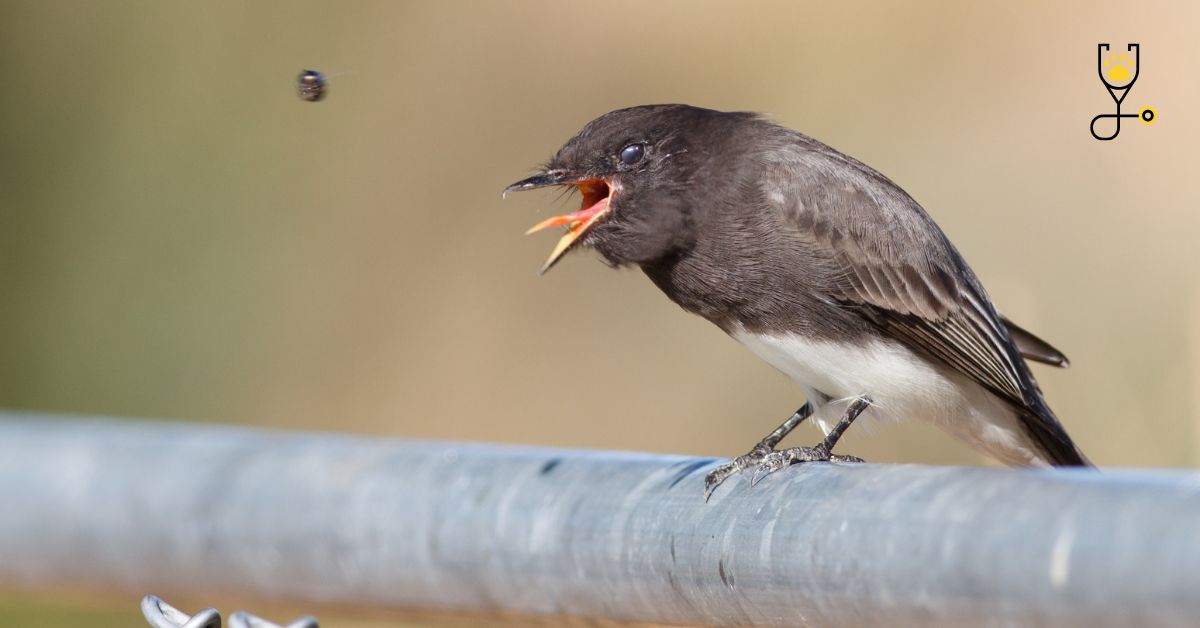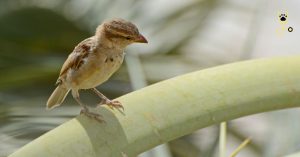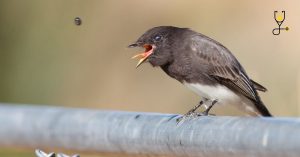If you’re a bird owner, regurgitation can be more than simply upsetting – it can leave you feeling lost and without any answers. Watching your beloved pet struggle to breathe during an episode of regurgitation is heartbreaking, and many owners don’t know what the root cause of their feathered friend’s sickness may be. From respiratory diseases to problems associated with stress or dieting, there are numerous reasons why birds experience this condition – often overlooked by veterinarians in favor of making a pigeonholed diagnosis. In this blog post, we’ll explore nine common causes behind regurgitation in birds so that you have all the information necessary to ensure your tiny companion stays happy and healthy!

What is Regurgitation in Birds?
Regurgitation is a slightly different process from vomiting. While both are associated with stomach contents and may stem from the same cause, regurgitation is typically seen as a less serious symptom in terms of severity. This condition occurs when birds forcefully expel food that has been partially digested, often through their mouths. Regurgitation can be triggered by several different factors – some of which pose a greater risk to your pet’s health than others.
Learn more about vomiting & regurgitation in birds: All About Pet Bird Is Vomiting or Regurgitating
Causes of Regurgitation in Birds
There are 9 main causes of regurgitation in birds:
1. Respiratory Infections
Respiratory infections are a common cause of regurgitation in birds. These ailments can compromise the bird’s immune system and lead to difficulty breathing, which in turn could make it difficult for them to swallow food properly. If your bird is experiencing respiratory problems, be sure to take them to the vet as soon as possible so that it can receive the appropriate treatment.
2. Stress or Anxiety
Regurgitation can also be caused by stress or anxiety in birds. Birds may become anxious due to changes in their environment, such as a new owner or cage mate, sudden loud noises, or even too much handling from their owner. To reduce stress and anxiety in your feathered friend, try providing them with a comfortable and safe environment, as well as plenty of mental stimulation.

3. Ingesting Toxic Substances
Ingesting toxic substances, such as cleaning chemicals or certain types of plants, can also cause regurgitation in birds. To prevent this from happening, make sure that your bird has access to safe and healthy foods only and keep any hazardous materials out of their reach.
4. Dehydration
Dehydration is another common cause of regurgitation in birds – particularly in hot climates where they are unable to cool off adequately or if they haven’t been provided with an adequate source of water. Make sure that your feathered friend always has fresh water available so it can stay hydrated and healthy.
5. Diet-Related Issues
Certain diet-related issues, such as a nutrient imbalance or an inadequate intake of vitamins and minerals, can cause regurgitation in birds. To ensure that your pet is getting all the nutrients it needs, make sure to provide them with a healthy and balanced diet that includes fresh fruits and vegetables, quality seeds and pellets, and other nutritionally dense foods.
6. Congenital Defects
Some birds may be born with certain congenital defects that may lead to difficulty swallowing or breathing properly – manifesting itself as regurgitation. If you suspect your bird has a congenital defect, take them to the vet for further investigation.
7. Parasites
Parasites are another common cause of regurgitation in birds. If your bird is experiencing this symptom, be sure to check for any external parasites such as mites or lice – and if you find any, bring them to the vet right away so they can be treated accordingly.
8. Diseases of the Digestive System
Certain diseases that affect the digestive system – such as bacterial infections or kidney failure – may also cause regurgitation in birds. A veterinarian will be able to diagnose and prescribe treatment for any underlying issues that could be causing your pet’s symptoms.
9. Anatomical Problems
Lastly, anatomical issues may also lead to regurgitation in birds, such as an abnormally shaped esophagus or a malformed crop (the pouch located along the neck where food is stored). Your veterinarian will be able to diagnose any anatomical issues your pet might have and recommend the appropriate course of action.
Learn more about bird sicknesses: All About Sickness in Pet Birds
Conclusion
In conclusion, regurgitation in birds is a symptom that can be caused by a number of different factors – some of which are more serious than others. If your pet is experiencing this symptom, it’s important to take them to the vet right away so they can receive a proper diagnosis and treatment plan. With the right care and attention, you can help keep your feathered friend happy and healthy for years to come!
Frequently asked questions
If your bird is regurgitating, it’s important to take them to the vet as soon as possible so that it can receive a proper diagnosis and treatment plan. Your veterinarian will be able to determine the underlying cause of your pet’s symptoms and recommend the best course of action.
Common causes of regurgitation in birds include stress or anxiety, ingesting toxic substances, dehydration, diet-related issues, congenital defects, parasites, diseases of the digestive system, and anatomical problems.
To reduce stress and anxiety in your feathered friend, make sure you provide them with a safe and comfortable environment that mimics their natural habitat. Additionally, it is important to give your pet plenty of time for play and socialization, as well as access to healthy foods and treats. Lastly, be sure to keep any hazardous materials out of reach.
In order to ensure your bird stays hydrated, make sure they always have fresh water available so it can drink whenever they need it. Additionally, consider providing them with shallow dishes or misters filled with water that they can splash around in during the hotter months.
Providing your bird with a nutritious diet is essential for its health and well-being. You should make sure to feed them a variety of fresh fruits and vegetables, quality seeds and pellets, as well as other nutritionally dense foods. Additionally, check the labels on any food products you purchase to ensure they contain vitamins and minerals that are beneficial to birds. Finally, always speak with a veterinarian if you have any questions or concerns about your pet’s dietary needs. In conclusion, regurgitation in birds can be caused by many different factors ranging from stress and anxiety to congenital defects or bacterial infections – so it’s important to take your feathered friend to the vet right away if they experience this symptom. With proper care and attention, you can help keep your pet healthy for years to come.








